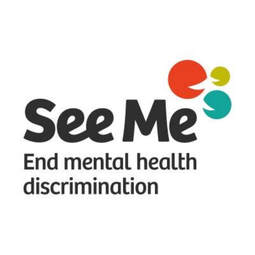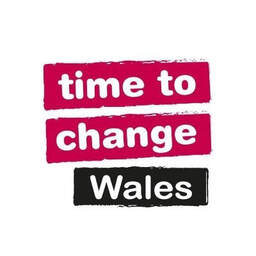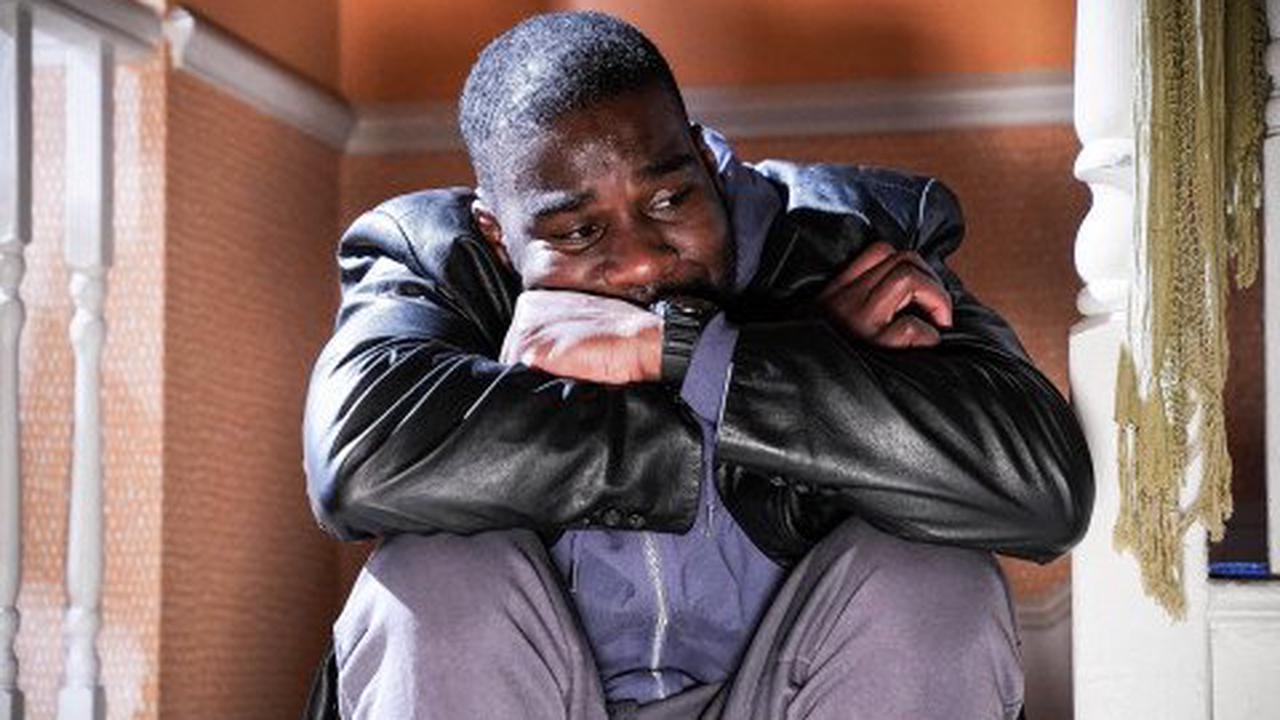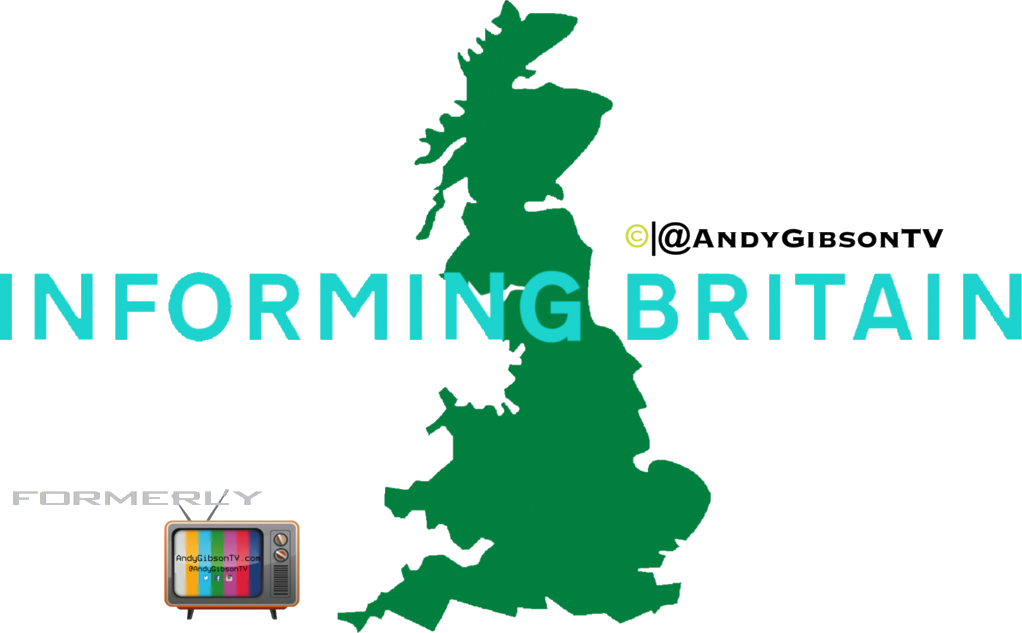The symptoms may affect how you cope with day to day life.
You could be diagnosed with schizophrenia if you experience some of the following symptoms; Hallucinations, delusions, disorganised thinking, lack of motivation, slow movement, change in sleep patterns, poor grooming or hygiene, changes in body language and emotions, less interest in social activities, low sex drive.
Schizophrenia is a common illness.
Approximately one in a hundred people will develop schizophrenia.
It can develop during young adulthood.
The early stage of the illness is called 'the prodromal phase'.
During this phase your sleep, emotions, motivation, communication and ability to think clearly may change.
If you become unwell this is called an 'acute episode'.
You may feel panic, anger or depression during an acute episode.
Your first acute episode can be a shocking experience because you are not expecting it or prepared for it.

See Me is Scotland's Programme to tackle mental health stigma and discrimination.
See Me Scotland are funded by Scottish Government and managed by SAMH and The Mental Health Foundation.
See Me Scotland are working towards achievement of The Scottish Government's commitment to create a Scotland where people can get the right help at the right time, expect recovery, and fully enjoy their rights, free from stigma and discrimination.
Tackling stigma and discrimination and addressing the barriers they create must be central to any action to improve mental health.
Doing so creates the best conditions for mental wellbeing, preventative action and early intervention, for personalised support, care and treatment and for recovery.

Mind Cymru is Mind's force for change in Wales.
Informed in everything they do by people with direct experience of emotional distress they campaign vigorously to create a society that promotes good mental health and that challenges mental health stigma.
Hafal (meaning 'equal') is the principal organisation in Wales working with individuals recovering from serious mental illness and their families.
They are managed by the people they support - individuals with serious mental illness and their carers.



 RSS Feed
RSS Feed
